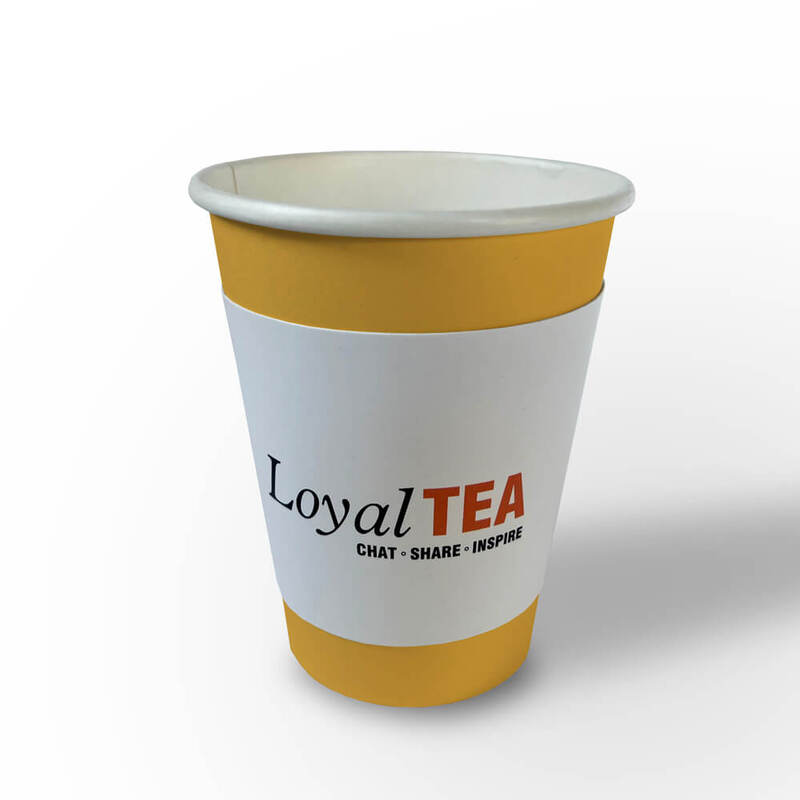The Essentials of Disposable Aprons A Comprehensive Guide
In various industries, maintaining hygiene is paramount. Disposable aprons have become an essential tool for ensuring cleanliness while also providing convenience for both professionals and consumers. This article delves into the significance, benefits, and applications of disposable aprons in various fields.
What Are Disposable Aprons?
Disposable aprons are single-use garments designed to protect the wearer’s clothing and skin from spills, stains, and contamination. Typically made from materials such as polyethylene or polypropylene, these aprons are lightweight, waterproof, and resistant to various substances. Their design is usually simplistic, featuring a pull-over style with neck and waist ties, making them easy to put on and take off.
The Importance of Hygiene
Hygiene is a critical concern in many sectors, including food service, healthcare, and beauty industries. In food establishments, for example, staff members must adhere to strict hygiene protocols to prevent foodborne illnesses. Wearing disposable aprons helps to minimize cross-contamination between raw and cooked foods, ensuring safer handling practices. In healthcare, professionals frequently encounter bodily fluids, and disposable aprons serve as an additional barrier against infection.
Advantages of Using Disposable Aprons
1. Convenience Disposable aprons are incredibly convenient for busy environments. They can be easily discarded after use, eliminating the need for washing and the associated labor. This not only saves time but also ensures that hygiene standards are maintained with minimal effort.
2. Cost-Effectiveness While reusable aprons might seem more economical in the long run, the cost of laundering and potential damage adds up. Disposable aprons provide a low-cost solution with the added benefit of always being available in pristine condition.
3. Versatility Disposable aprons are widely used across numerous settings, including restaurants, hospitals, salons, and laboratories. Their adaptability makes them suitable for various tasks, from preparing food to conducting medical examinations and providing beauty services.
disposable apron

4. Protection Made from water-resistant materials, these aprons protect clothing from spills, splashes, and other contaminants. This is particularly important in industries where the cleanliness of attire is synonymous with professionalism.
5. Ease of Use Putting on and taking off a disposable apron is straightforward, which is beneficial in fast-paced environments. Workers can quickly don an apron when needed and remove it without delay after the task is complete.
Applications of Disposable Aprons
1. Food Service In kitchens and dining areas, disposable aprons are essential for chefs and servers. They protect clothing from food stains and provide a simple way to maintain hygiene standards.
2. Healthcare Medical professionals often encounter environments where exposure to biological materials is a risk. Disposable aprons help protect against spills and contamination, safeguarding both the healthcare provider and the patient.
3. Beauty Industry Salons and spas use disposable aprons to protect clients’ clothing during various treatments, including hair coloring and body treatments. This ensures a clean and professional appearance while maintaining client comfort.
4. Research Laboratories In laboratories, scientists are often exposed to unpredictable substances. Disposable aprons provide a protective layer against chemical spills and biological hazards.
Conclusion
Disposable aprons are invaluable tools that promote hygiene, convenience, and efficiency across numerous industries. Their role in protecting clothing, maintaining cleanliness, and enhancing professionalism cannot be overstated. As businesses continue to prioritize health and safety, the use of disposable aprons is likely to remain a staple in various working environments. Embracing this simple yet effective solution can significantly contribute to the overall success and reputation of an establishment, ensuring that both employees and customers feel safe and cared for.



